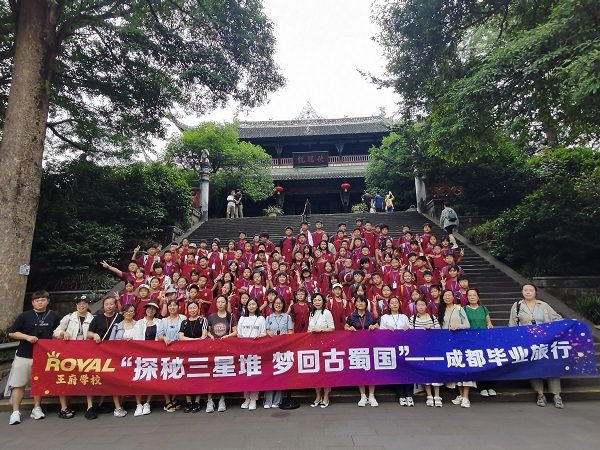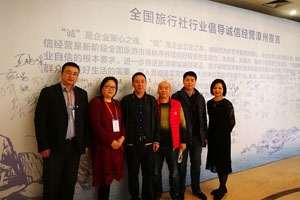search for a Trip
-
The seven-day Shoton Festival, which began on Tuesday in Lhasa, capital of Southwest China's Tibet Autonomous Region, featured Tibetan opera, folk performances, and yak and horse racing.
The title of the Shoton Festival, also known as the Xuedun Festival, is taken from the Tibetan words yogurt and banquet. The event is an occasion to mark the end of the 100 days of self-cultivation and meditation for monks who were not allowed to leave the monasteries until June 30 in the Tibetan calendar. Tradition calls for the local residents to offer yogurt to them when they leave the monastery.
Yogurt is said to have the best taste and quality during this time of the year and could increase the monks' brain power, said Sonam Wangden, the deputy curator of the Tibetan Museum. It also denotes happiness, longevity and everlasting love in Tibetan culture.
After the 17th century, Shoton developed from an exclusively religious observance into an all-out festival for local residents, he said.
Together with the Tibetan New Year, the Shoton Festival is one of the most significant festivals in the Tibetan calendar.
Part of the festival is also rejoicing in the upcoming harvest, says Liu Zhiqun, former deputy director of the Tibet Ethnic Art Institute. In that sense, it is similar to the Han Chinese Mid-Autumn Festival, but on a much larger scale.
Similar to previous years, this year's celebration started with the Sunning of the Buddha, where a 35-meter by 30-meter Thangka bearing the image of the Buddha is carried by about 100 lamas down the side of a back hill near Drebung Monastery. Throngs of believers pray for safety and happiness as they watch the ceremony.
Situated at the foot of the Mountain Gambo Utse, five kilometers from the western suburb of Lhasa, the Drepung Monastery is known as the most important monastery of Gelugpa in Tibetan Buddhism. The Shoton Festival is originated there more than 1,000 years ago.
It was just fantastic, said 61-year-old Yan Guiwen, a retired teacher from Beijing, referring to the Sunning of the Buddha ceremony. I was totally awed by the holiness and piety of the devotees.
She said she would stay for two more days and try to enjoy every aspect of the Shoton festival.
"It is my first time here and it may be the last because of my age and health. But this is really a once-in-a-lifetime experience", Yan said.
Pete Winn, a visitor from Colorado in the United States has been to the festival for the second time.
"I just can't get enough of it (the festival)", he said, "I especially love the Tibetan opera, in which you see the very color and richness of the Tibetan culture."
Official figures from the Lhasa Tourism Bureau show that the occupancy rate of hotels in Lhasa is well above 90 percent during the festival. Estimates predict more than 1 million tourists will visit Lhasa during this year's Shoton Festival, a dramatic increase from last year's 510,000.
"It's by far the busiest Shoton Festival I have encountered", said 29-year-old Mei Duo, a travel guide who has worked in Lhasa for five years. "But it also means good business and good money."
- August 10th, 2010
More Attractions






